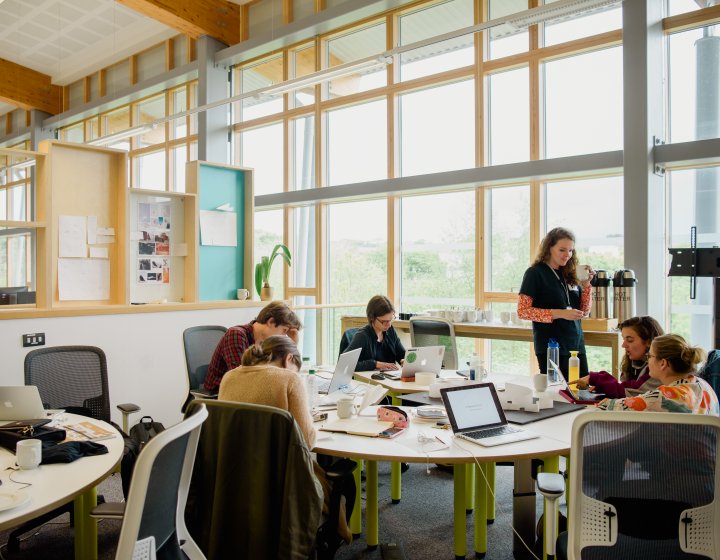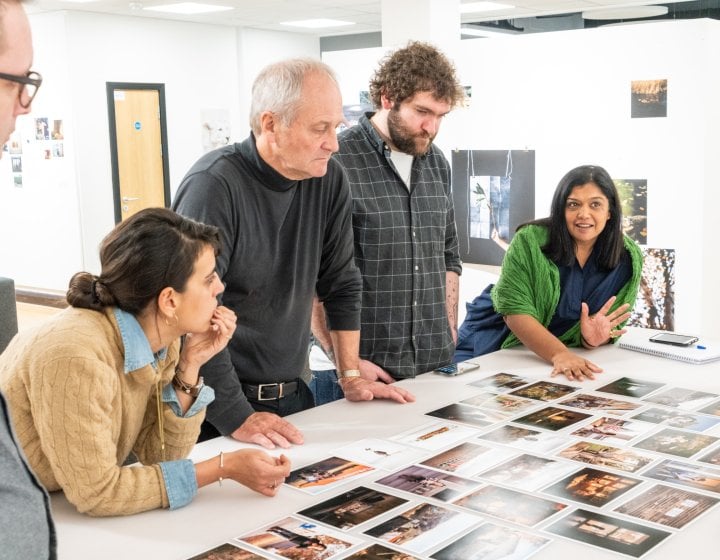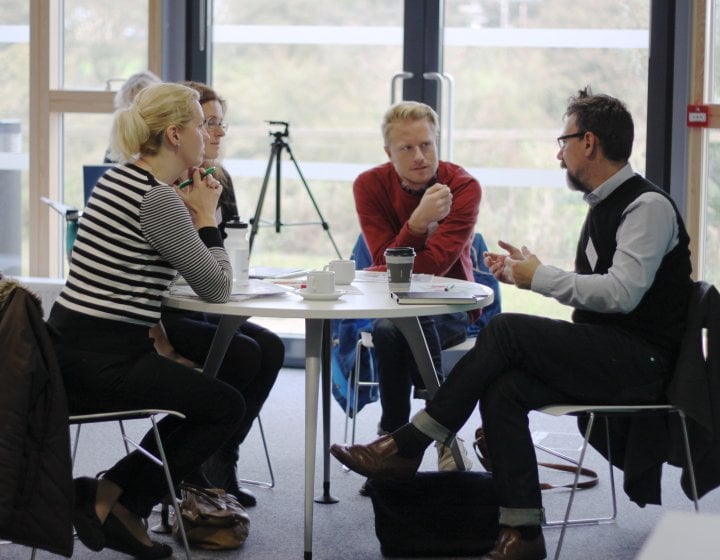This Research & Knowledge Exchange Doctoral Project brief summarises our priority areas of research interest under the heading of: Kernow Computes! Improving the Readiness of Young People for Careers in Cornwall's Technology Industry.
We welcome all research degree applications aligned with and in response to this brief.
Project brief details
The UK’s technology sector is growing at a considerable rate, representing opportunities for young people to secure meaningful careers. However, there is a widely reported and persistent skills gap, with recent reports citing “access to talent” remaining a significant challenge in industry. Overcoming this challenge will require a better understanding of the talent pipeline, the different pathways into the industry, methods for facilitating the learning of relevant knowledge and skills, and of what industry needs. Using the findings from the Georgia Computes! (2014) model, this research proposes to explore this pipeline and take a design thinking approach to improving its efficacy---notably, drawing industry and education together to envisage and implement novel approaches.
This project will contribute research into secondary-level computing education, with a focus on pedagogy for novices and the way young people are prepared for careers in the technology sector at schools and colleges. It will help provide an evidence-led approach to computing education in secondary-level settings and pave the way for a more efficient talent pipeline. It is anticipated that initial proposals adopt a holistic perspective with a phase of the research to explore the problem-space before committing to a specific response (e.g., e-learning tools, teacher training programmes, knowledge exchange, etc.); though, allusion to potential avenues informed by contemporary pedagogic evidence-informed practices is anticipated and encouraged.
Strategic alignment
Projects deriving from this brief are expected to sit within the Research & Knowledge Exchange strategy and the following department.
| Department | Games Academy |
|---|
All successful research degree project proposals must emphasise a clear alignment between the project idea and our Research & Knowledge Exchange strategy.
Project brief lead

Project Brief Supervisor: Associate Professor Michael James Scott
Dr Michael Scott is the Head of Computing and Associate Professor of Computer Science Education at Falmouth University, leading Falmouth's first-ever BSc(Hons) courses in Computing for Games and Immersive Computing as well as convening innovative distance-learning MA courses related to Digital Creativity.
Find out moreHow to apply
Enquiries
Project brief & project proposal enquiries
To discuss this project brief, ideas or project proposal responding to this brief, please contact: Associate Professor Michael James Scott.
Application enquiries
For all other application related enquires please contact the Research & Development team.
T: 01326 255831
Additional resources

Fund your Research Degree
See the options available to help you fund your research degree.

Falmouth Doctoral Studentships
You can apply for a fully-funded Falmouth Doctoral Studentship as part of your research degree appli...

Research & Knowledge Exchange
By stepping beyond disciplinary lines, harnessing creativity and working with communities, we delive...

Doctoral Project Briefs
We invite MPhil and PhD project proposals that respond to a doctoral project brief.


